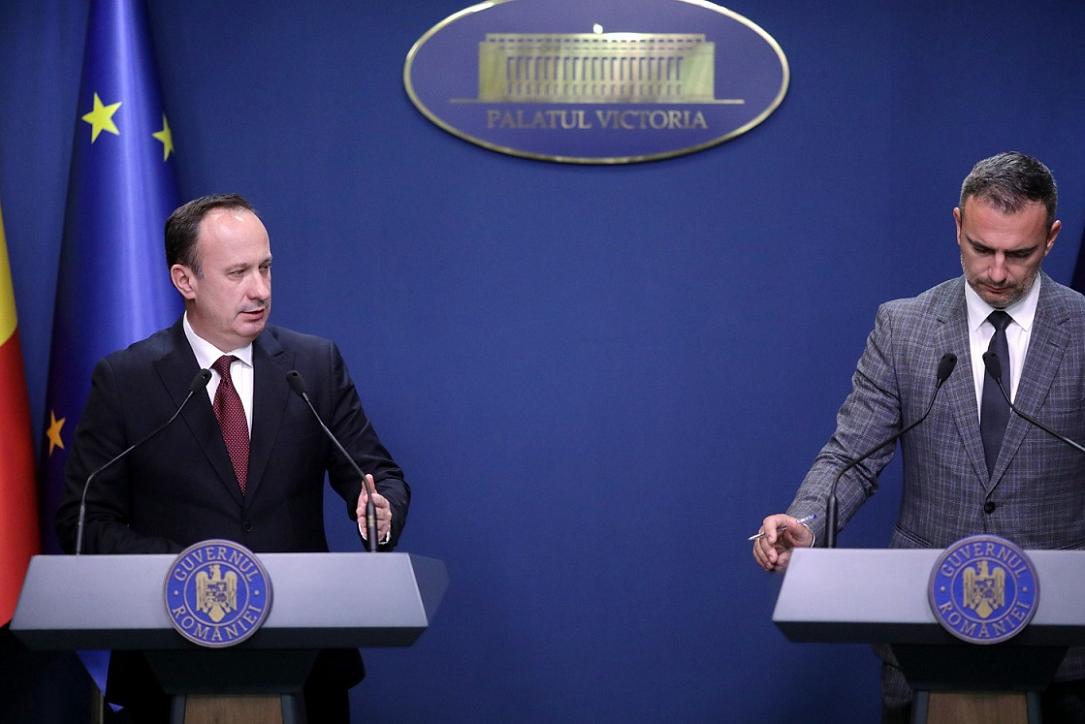Romania seeks to “neutralise” impact of pulling out of IIB



Romania’s Government, as a shareholder, and the Romanian pension fund managers, as bondholders, will negotiate with the International Investment Bank (IIB) with a view of “neutralising” the impact of the country’s withdrawal from the “Russian” bank, finance minister Adrian Caciu said after the May 25 Government meeting.
“Romanians have nothing to worry about. The pension funds have known about this decision [to withdraw from IIB] for three months, and I believe that the negotiations we will carry out together, on their part as investors, on our side as shareholders, will lead to a neutral impact,” minister Caciu explained.
The time lag since the Government announced the decision and the actual steps taken to implement the decision “allowed everybody to regroup and protect the exposure Romanians would have had otherwise,” spokesperson Dan Carbunaru stated.
Romania has been planning to pull out of the IIB since a couple of years ago, but Russia invading Ukraine accelerated the process and possibly the terms of the withdrawal.
By unilaterally terminating the contract signed among the IIB shareholders in 1970, Romania may lose the EUR 26 mln capital subscribed and paid - but IIB’s creditors, among whom there are four Pillar II pension funds (and possibly other Pillar III funds), may also lose part, or all of their placements - reportedly some EUR 125 mln.
Besides the RON 500 mln (EUR 100 mln) 3-year bonds issued at Bucharest Stock Exchange (BVB) that mature this November, IIB has also issued bonds denominated in RON under the multi-currency MTN program carried out at the Irish Stock Exchange.
A first RON 110 mln 1-year issue launched in April 2020 already matured last year - but there are other three bonds with a total face value of RON 730 mln (nearly EUR 150 mln), resulting in a total of RON 1.23 bln (EUR 250 mln) outstanding RON-denominated bonds. Out of this, some half of them are reportedly in the portfolio of the Pillar II pension funds.
On the other hand, the largest loans extended by IIB to Romanian companies are four, and they sum up to only EUR 67 mln. There is, therefore, a significant mismatch between the (large) financing raised by IIB on the Romanian market (or in Romanian currency) and the exposure to the Romanian market through the loans extended to local companies.
In other words, at this moment, IIB is a net debtor (with some EUR 180 mln) to Romanian entities (assuming all RON bonds were purchased by Romanian investors - which may not necessarily be true). Furthermore, the “long-term” financing of IIB includes bonds with maturities of up to three years (meaning they are going to mature over the coming two years), while most of the loans extended have much longer tenants - seven years, typically.
(Photo: Gov.ro)
iulian@romania-insider.com